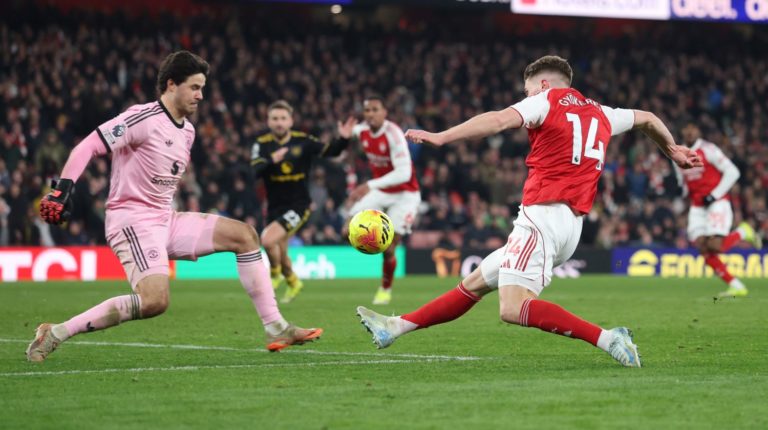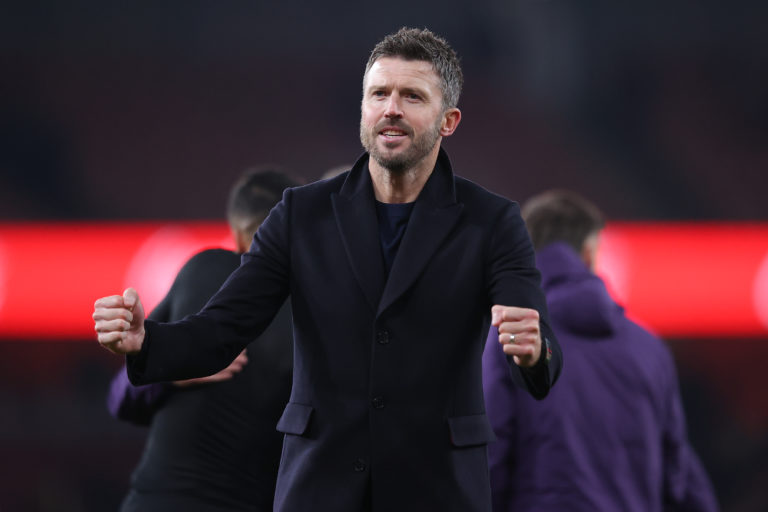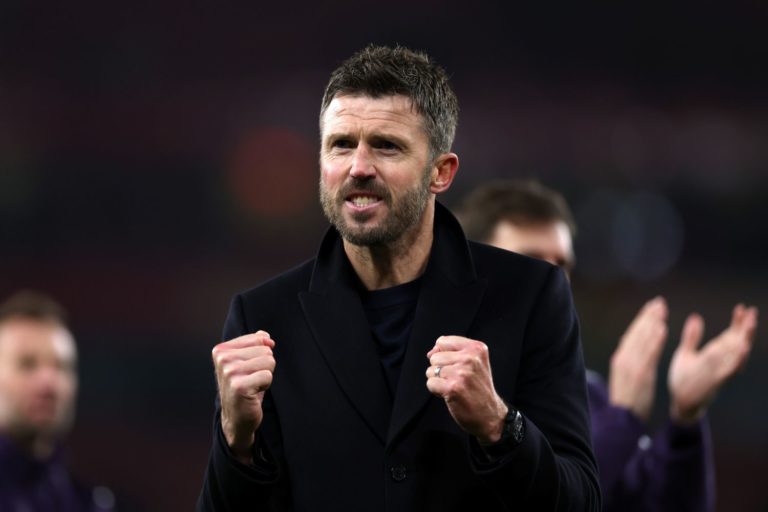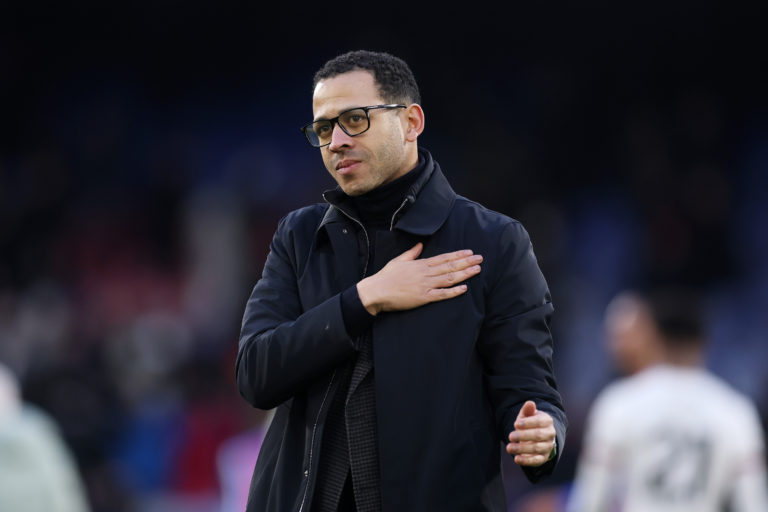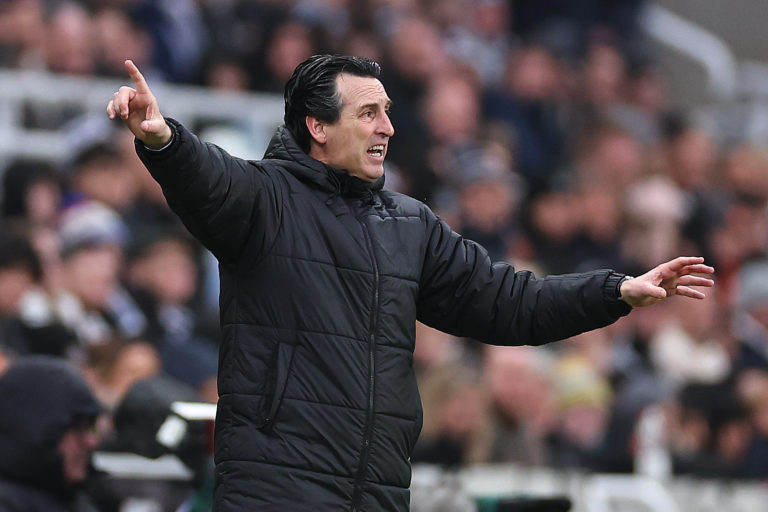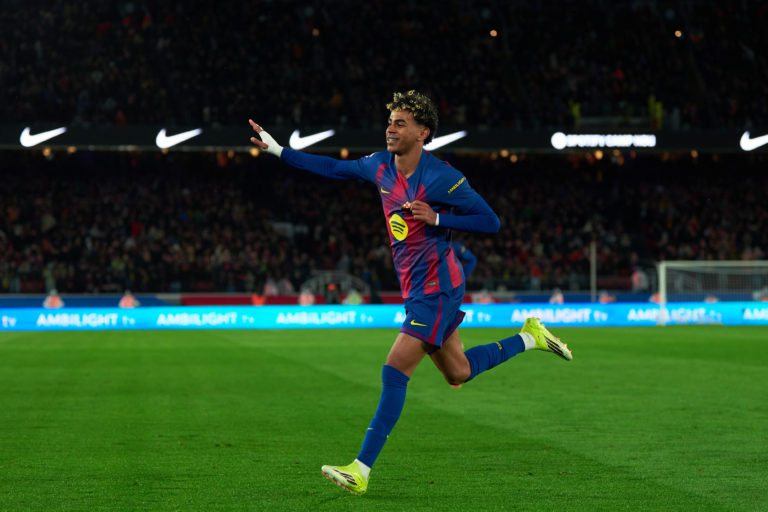The complexities around a modern transfer deal in football have become even more intricate and detailed in an evolving sporting world where the levels of money being thrown around are nothing short of ridiculous, particularly in football.
When, for example, a transfer for a major player is held up, issues around things such as image rights tend to be the reason behind it.
But what exactly are image rights and how do they work in football?
If you are a household name, like Cristiano Ronaldo or Lionel Messi, your name and image costs and has a value similar to that of a big brand such as Adidas or Coca-Cola. The idea behind image rights is that the household name in question has control over how their name is used commercially.
Licensing, for example, extends beyond the obvious areas such as shirt sales and the latest EA Sports FIFA game, but also into more niche areas like casino games. Top Trumps Football Stars, available to play at Mansion Casino, a South African Casino which accepts Zar, features the likes of Lionel Messi and Cristiano Ronaldo – two standout performers in their era and, subsequently, two stars who will need to negotiate any image rights should they be in the process of completing a transfer.
For example, Cristiano Ronaldo’s face is capable of selling products all around the world and making huge sums of money for his current club, Juventus. After leaving his former club, Real Madrid, to move to the Italian giants, Ronaldo and his agent would have struck a deal whereby his image rights are factored into his new Juventus contract and, therefore, making sure that Ronaldo would receive a percentage of the money other people are making from his image.
What do the experts say?
Sports agent Dave Williams, who has represented many big names from the world of rugby, says a professional sports star would be naive to sign a contract based purely on sporting performance alone. He said: “Sport is part of the entertainment industry. It’s about recognition. In the film world, Brad Pitt’s salary will incorporate an element for his acting and an image rights portion – the right to use his face on promotional posters and in merchandising spin-offs. To sign a contract purely based on performance on the sports field is a little bit naive if you’re somebody who does have true value as a household name. It makes sense to license your image or copyright it to exploit its value.”
Disputes cause delays
When players are negotiating their image rights with a club, delays can occur and, perhaps somewhat unsurprisingly, it is usually because of the numbers.
A star player will not be giving his exclusive rights to his image, only the right to use it in joint commercial deals with the club – for example, a Barcelona video with Lionel Messi’s face featured.
(Image via https://twitter.com/BarcaUniversal)

A common dispute which can cause the delay in a transfer tends to be between the player and the club and is likely to be simply a question of haggling over the exact amount both are to receive, with one party trying to get more money and the other trying to save money.
The value of a team or individual’s image rights is affected by which groups in society tend to indulge in the sport. Football might be supported by more high-income earners than snooker or darts, for example, but it is the total number of people and the subsequent support that sport receives that can determine the deal too.




